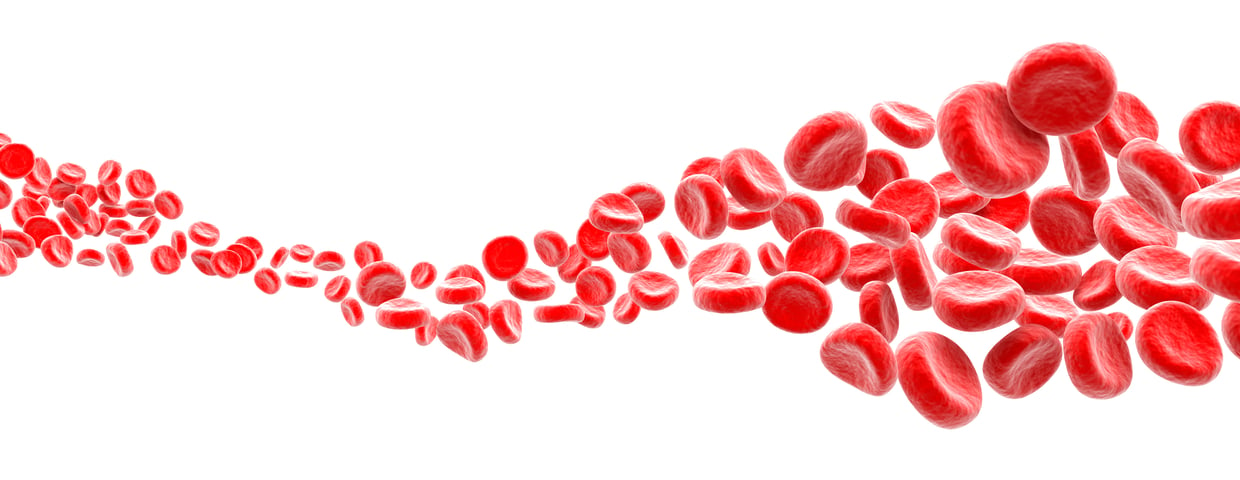Lipedema is a chronic medical issue that disproportionately impacts women. It is marked by the irregular accumulation of fat cells predominantly in the lower body, including the legs and hips and occasionally the arms. This often misunderstood condition not only complicates physical health but also weighs heavily on emotional well-being, underscoring the necessity for comprehensive and effective lipedema treatment.
In this comprehensive guide, we will delve into the pathogenesis, diagnosis, and various treatment options available for lipedema. By exploring both traditional and emerging therapies, this article aims to shed light on effective strategies to manage and possibly alleviate the symptoms associated with this perplexing disorder, providing hope and guidance for those seeking relief.
What Is Lipedema?
Lipedema is a chronic and sometimes progressive condition that mainly affects women, causing an abnormal buildup of fat cells, usually in the legs, hips, and sometimes arms. Here's an overview of its pathogenesis (how it develops), diagnosis, and treatment options:

Causes and Development of Lipedema
Pathogenesis (How it Develops): Lipedema's exact cause isn't fully understood, but it's believed to involve a combination of genetic factors and hormonal influences. Some proposed causes include altered adipogenesis, microangiopathy, and disturbed lymphatic microcirculation. No specific biomarker has yet been found, and the diagnosis is currently made on clinical grounds alone. It's more common in women and often starts or worsens during hormonal changes like puberty, pregnancy, or menopause. This condition involves an abnormal accumulation of fat cells, leading to swelling, pain, and changes in the appearance of affected areas. It's not related to being overweight or lacking exercise, which can make it frustrating for those affected.
Diagnosing Lipedema
Diagnosis: Diagnosing lipedema typically involves a physical examination by a healthcare provider who is familiar with the condition. Key signs include the disproportionate accumulation of fat in the legs, hips, and sometimes arms, along with tenderness or pain in those areas. Often, the feet remain unaffected, creating a distinct "cuff" appearance where the swelling stops at the ankles. Imaging tests like ultrasound or MRI might also be used to confirm the diagnosis and rule out other conditions.
Effective Lipedema Treatment Options
Treatment Options: Treatment for lipedema focuses on managing symptoms and improving quality of life. Here are some common options:
Non-Surgical Treatments
- Conservative Management: This includes lifestyle changes like maintaining a healthy diet, regular exercise (such as low-impact activities like swimming or walking), and wearing compression garments to reduce swelling and discomfort.
- Manual Lymphatic Drainage (MLD): This is a specialized massage technique performed by trained therapists to help reduce swelling and improve lymphatic flow in affected areas.
- Compression Therapy: Wearing compression garments or bandages can help reduce swelling and discomfort by providing external pressure to the affected areas.
Decongestive Therapy: This comprehensive approach combines techniques like MLD, compression therapy, exercise, and skincare to manage symptoms and prevent complications like infections or ulcers.

Surgical and Advanced Treatments
- Surgical Options: In severe cases where conservative measures aren't effective, surgical options like liposuction may be considered to remove excess fat tissue. It's important to note that liposuction for lipedema requires specialized techniques and should be performed by experienced surgeons familiar with the condition.
- Psychological Support: Living with lipedema can be emotionally challenging due to changes in appearance and discomfort. Counseling or support groups can help individuals cope with these challenges and improve self-esteem.
Emerging Treatments: The Role of Tirzepatide
New potential treatment option with Tirzepatide: Specific research suggesting that tirzepatide is effective in treating lipedema hasn’t been done. Evidence to support its benefits for lipedema patients has mostly been clinical.
Tirzepatide is a dual glucose-dependent insulinotropic polypeptide (GIP) and glucagon-like peptide-1 (GLP-1) receptor agonist. It activates both the GIP receptor and the GLP-1 receptor in the body. Its effects on fat cells contribute to its ability to reduce body weight and improve metabolic parameters in individuals with conditions like type 2 diabetes and obesity. It's important to note that while tirzepatide can help with weight loss, it's not specifically approved or indicated for lipedema treatment, and its effects on fat cells in the context of lipedema haven't been extensively studied.
Transform Your Health With TransformYou: Expert Lipedema Treatment Options
In your journey to manage lipedema and improve your overall quality of life, remember that knowledge is crucial, but taking action is transformative. At TransformYou, we are dedicated to guiding you through the complexities of finding effective lipedema treatment options. Our expert team is here to offer personalized care plans, from dietary adjustments to advanced therapeutic techniques, all designed to meet your specific health needs and goals.
At TransformYou, we specialize in addressing the unique challenges of lipedema and enhancing overall well-being. Explore our range of services and let us assist you in navigating your treatment options. Embark on this healing journey with us, and we'll ensure you have the necessary resources to manage your symptoms and enhance your life.
Do you have more questions about lipedema treatment, symptom management, or other health concerns? Contact us. We offer both in-person and telemedicine appointments to provide you with the support you need whenever you need it.
Read next in Medical Weight Loss

Senolytics: Dasatinib & Quercetin
By Dr. Robb Bird

Orforglipron: The Oral GLP-1
By Dr. Robb Bird

SLU-PP-332: The Next-Generation Mitochondrial Booster for Fat Loss and Longevity
By Dr. Robb Bird
Medically reviewed by Dr. Robb Bird, NMD FAARM
Medical Director, Transformyou
